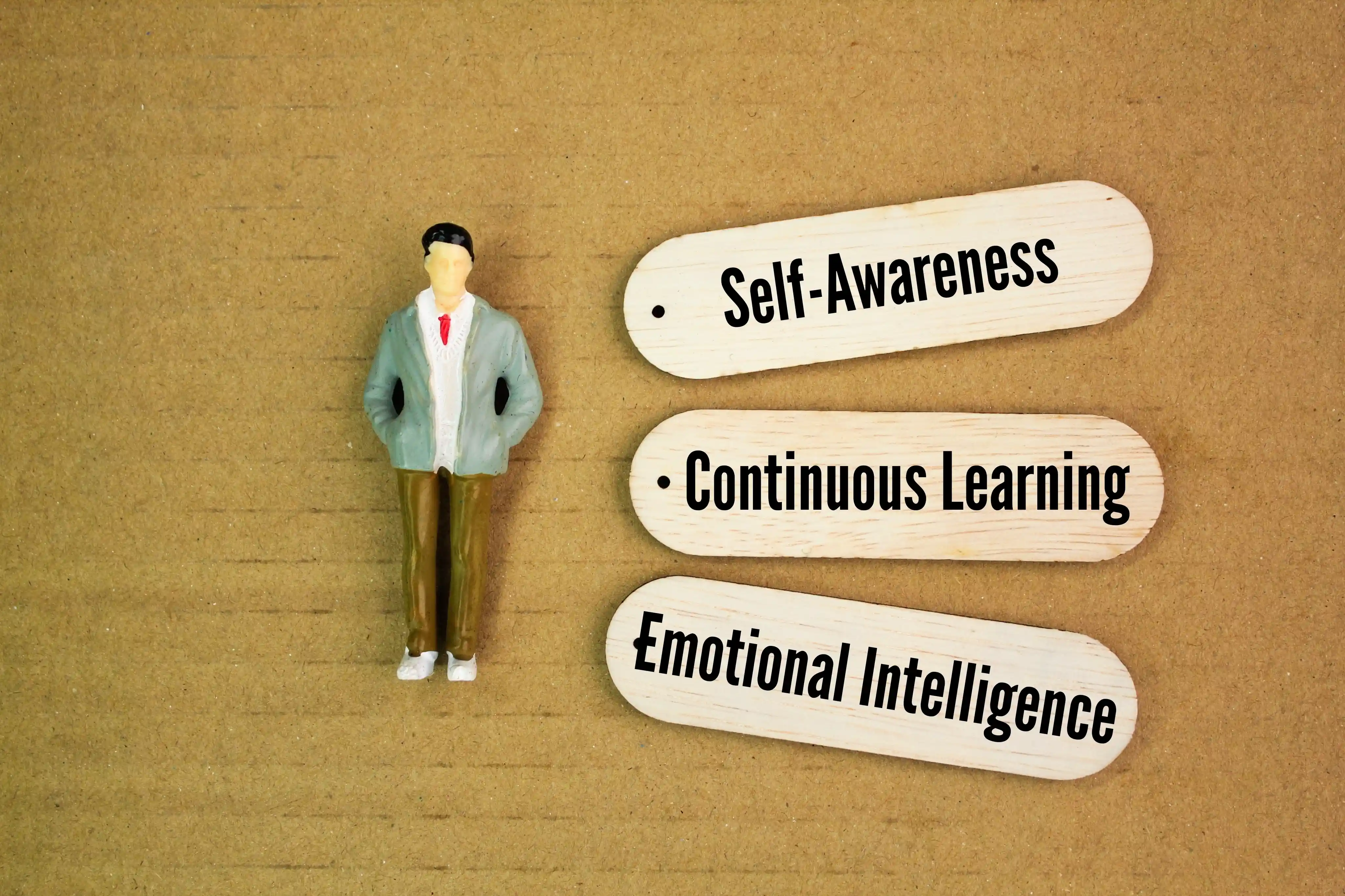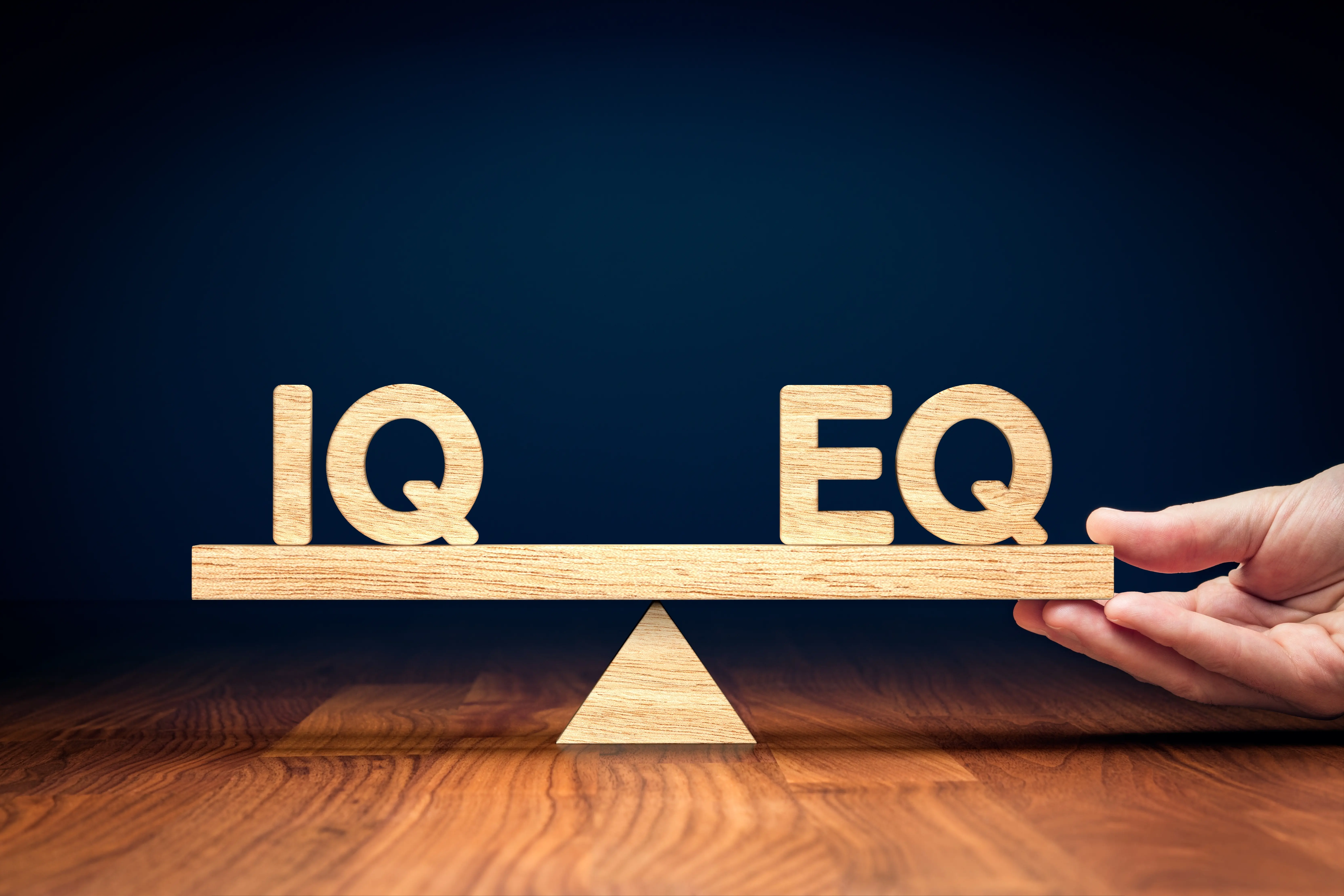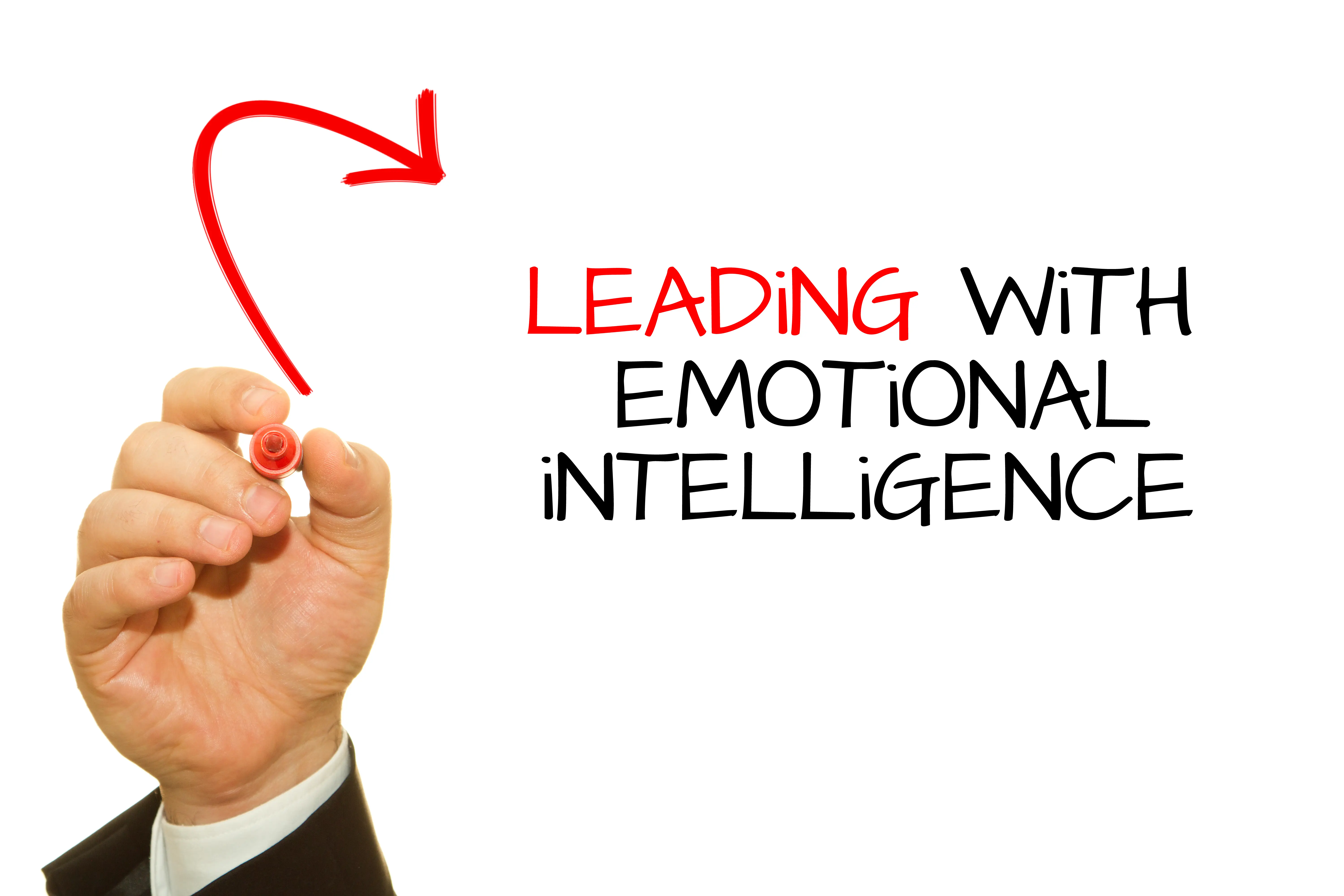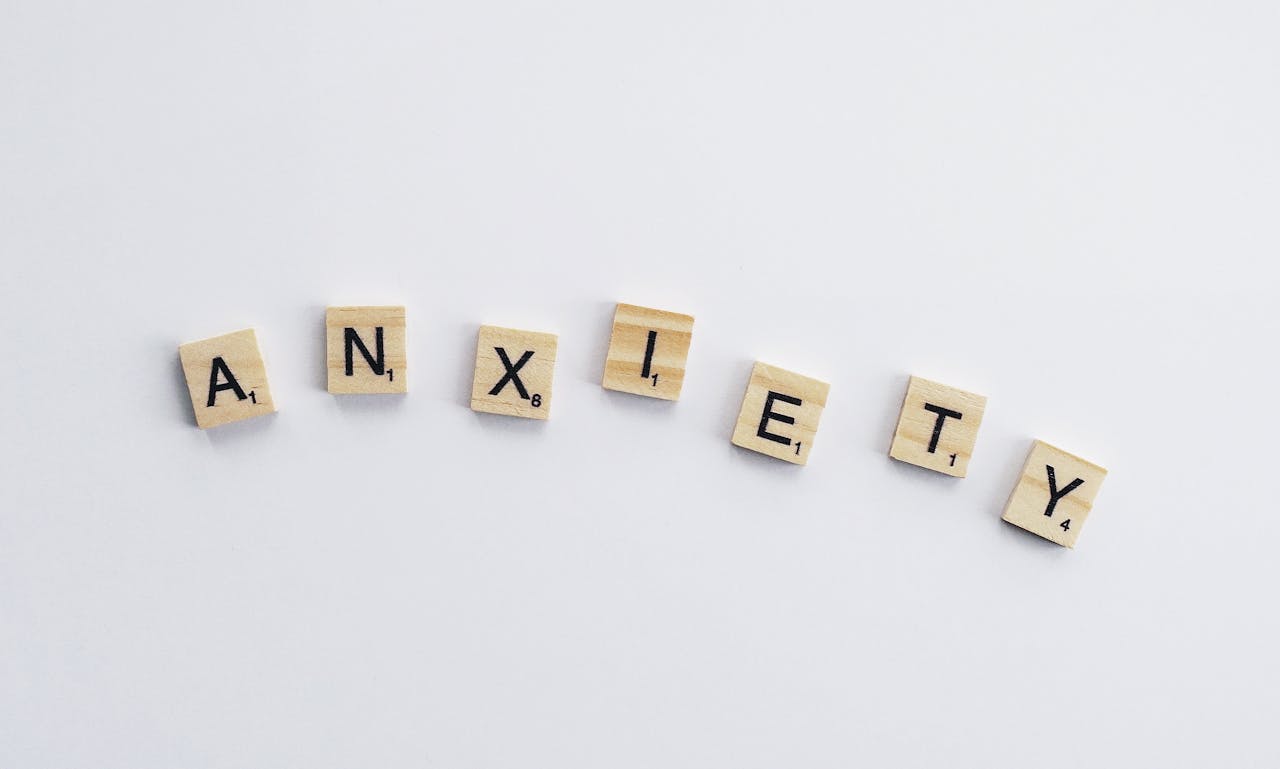Everything You Need to Know About Emotional Intelligence Coaching

When we think about what it takes to succeed—whether in life, work, or relationships—we often focus on intelligence, technical skills, or even hard work. But there’s another piece to the puzzle that is just as important, if not more so: emotional intelligence. It’s the ability to recognise and manage your own emotions while understanding and influencing the emotions of others.
Let’s explore how emotional intelligence helps people navigate challenges, build healthier relationships, and create lasting personal and professional growth.
What is Emotional Intelligence?
Emotional intelligence is the ability to understand and manage your emotions while recognising and responding to the emotions of others. It’s about being aware of what you feel, why you feel it, and how to react in ways that help you rather than hold you back. Emotional intelligence also enables you to connect with others by understanding their emotions and building stronger relationships.
Emotional intelligence is vital in life coaching. Many challenges people face—whether in their personal or professional lives—stem from emotions they don’t fully understand or can’t manage effectively. By improving emotional intelligence, clients can gain clarity, build confidence, and develop better ways to handle situations.
EQ vs IQ
While Intelligence Quotient (IQ) measures logic and problem-solving, Emotional Quotient (EQ) focuses on awareness of feelings and interpersonal skills. Both are important, but EQ could play a bigger role in success, more often than not.
In daily life, EQ affects how we handle stress, communicate with others, and maintain relationships. It’s the skill that helps us stay calm under pressure, show empathy, and work through challenges—essential qualities for personal and professional growth.
The 5 Elements of Emotional Intelligence
Emotional intelligence (EI) is broken down into five elements, as explained by Dr. Daniel Goleman.
Self-Awareness
Self-awareness is about recognising your emotions and understanding how they affect your thoughts and behaviour.
Self-Regulation
Self-regulation is the ability to control impulsive behaviours and manage emotional responses. It means pausing before reacting and choosing a response that aligns with your goals.
Motivation
Motivation in Emotional intelligence goes beyond external rewards. It’s about staying driven and focused on your goals, even when challenges arise.
Empathy
Empathy is understanding and sharing the feelings of others. It allows you to see things from another person’s perspective, strengthening relationships.
Social Skills
Social skills involve building relationships, managing interactions, and working well with others. It also includes clear communication, conflict resolution, and collaboration.
How Emotional Intelligence Affects Your Life
Emotional intelligence (EI) impacts how we think, feel, and interact with the world. Its influence extends across several key areas:
Performance
Emotional intelligence improves outcomes in school or work by enhancing focus, decision-making, and communication. It also helps manage emotions under pressure, foster teamwork, and maintain productivity.
Physical Health
High levels of unmanaged stress can lead to issues like poor sleep, weakened immunity, and chronic conditions. Emotional intelligence supports healthier habits and overall well-being by recognising and addressing stress early.
Mental Health
Emotional intelligence helps in identifying and managing negative emotions like anxiety, frustration, or sadness. This emotional awareness builds resilience, reduces the risk of burnout, and promotes a more balanced, stable state of mind.
Relationships
Strong emotional intelligence leads to better communication and understanding in relationships. It fosters trust, mutual respect, and emotional support, strengthening personal and professional connections.
Social Settings
In social settings, emotional intelligence improves interactions by helping navigate complex dynamics and understand unspoken cues. It enables better collaboration, adaptability, and effective responses in diverse environments, from casual conversations to high-pressure situations.
What Do Emotional Intelligence Coaches Do?
An emotional intelligence (EI) coach helps clients understand and control their emotions, strengthen their relationships, and improve their overall well-being.
Roles and responsibilities
As an emotional intelligence coach, I help clients identify areas for emotional growth and provide a framework to achieve it. This involves:
Facilitating self-reflection and feedback.
I urge clients to explore their emotions, behaviours, and patterns through guided reflection. This allows them to easily identify their strengths and areas for improvement.
Setting Actionable Goals for Emotional Growth
We collaborate to establish clear, quantifiable targets that align with the client’s personal or professional objectives. These objectives centre on increasing emotional awareness, regulation, and interpersonal skills.
Helping Clients Implement Strategies and Track Progress
I equip people with actual methods and skills to use in real-life situations. Regular check-ins and feedback ensure that progress is tracked and modifications are made as necessary.
Skills of an Emotional Intelligence Coach
To be effective, an emotional intelligence coach must have the following skills:
Deep Listening
Paying close attention to what is said and unsaid can help customers feel understood and respected.
Empathetic Communication
We provide clients a safe space to express themselves while providing insightful and helpful comments.
Awareness of Nonverbal Cues
We are highly aware of nonverbal communication cues. We can recognise body language, tone, and other subtle indicators, allowing us to understand the client’s emotional state better.
How to Begin with Emotional Intelligence Coaching
If you’re ready to boost your emotional intelligence, the first step is to find a coach who understands you. I can help you:
- Develop self-awareness and successful emotion management.
- Build better and more meaningful relationships.
- Improve the way you talk to people and your confidence in general.
Emotional intelligence coaching is an investment in oneself. If you’re ready to take the next step, let us work together to develop your skills and confidence to succeed. Contact me today to begin your new journey.
- October 2025
- September 2025
- August 2025
- July 2025
- June 2025
- May 2025
- April 2025
- March 2025
- February 2025
- January 2025
- December 2024
- November 2024
- October 2024
- September 2024
- August 2024
- July 2024
- June 2024
- May 2024
- December 2023
- November 2023
- August 2023
- July 2023
- June 2023
- May 2023
- April 2023
- March 2023
- February 2023
- January 2023
- December 2022
- November 2022
- October 2022
- September 2022
- August 2022
- July 2022
- June 2022
- May 2022
- April 2022
- March 2022
- February 2022
- January 2022
- December 2021
- November 2021
- October 2021
- September 2021
- August 2021
- July 2021
- June 2021
- May 2021
- April 2021
- March 2020
- February 2020
- January 2020
- December 2019
- November 2019
- October 2019
- September 2019
- August 2019
- July 2019
- June 2019
- May 2019
- April 2019
- March 2019
- February 2019
- January 2019
- December 2018
- November 2018
- October 2018
- September 2018
- August 2018
- July 2015
- May 2014








